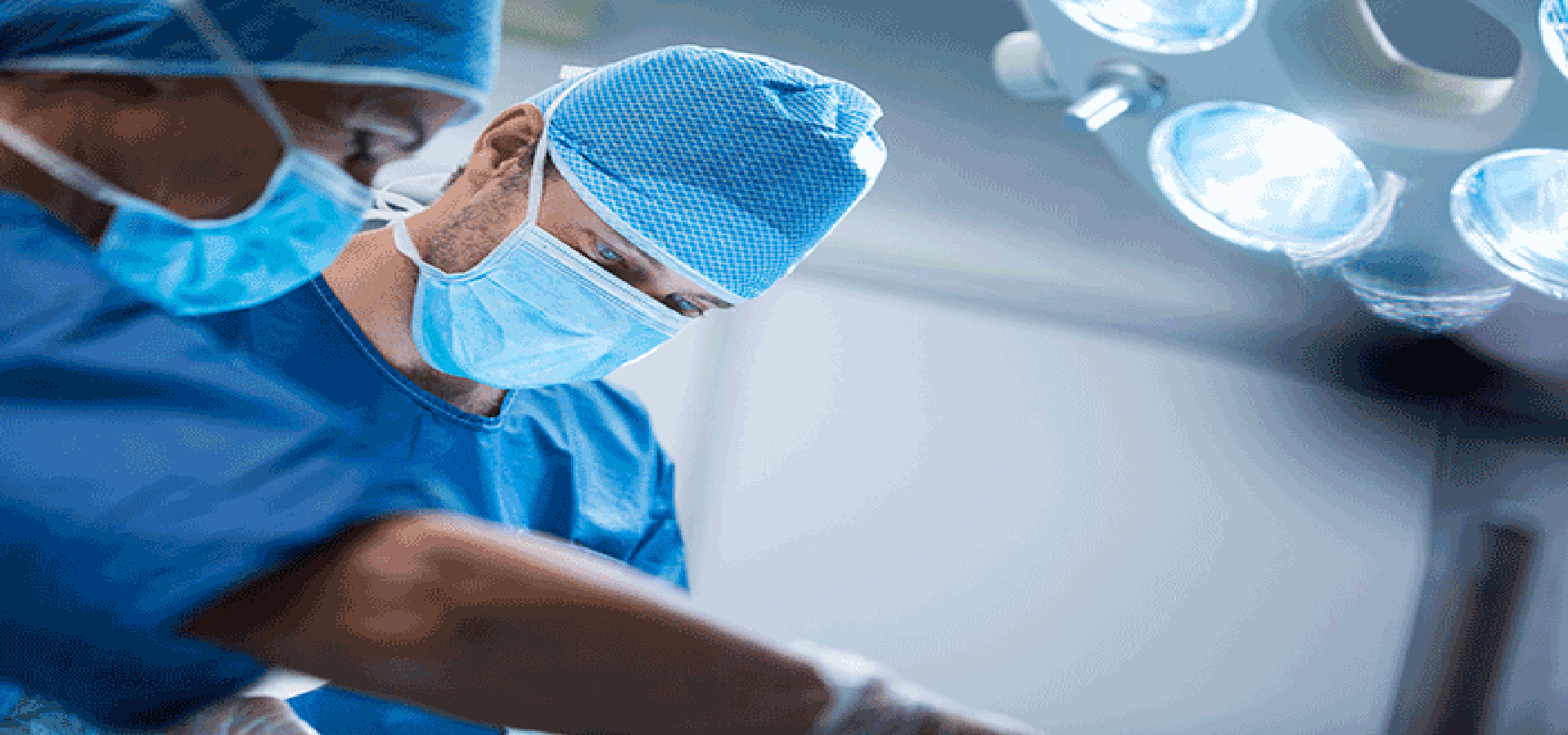- shwillmedicom@gmail.com
- +011-29521997
Shwill Medicom Pvt. Ltd.
The will to serve. . .



Shwill Medicom Pvt. Ltd.
Services :
Shwill Medicom Private Limited offers services which are a need for every Healthcare setup whether it is a startup or it is a full-fledged running institution.
Preamble:
Hospital acquired infections are a highly suppressed and not an openly discussed topic in any healthcare setup, since it has the potentialto make or break the reputation of any healthcare setup and in the process evoke questions on the processes and practices followed to
manage or handle them.
With the HAI’s, subsequent deaths are known to happen which tend to increase the mortality rates in the hospital and in turn raise questions
on the efficacy of medicines OR line of treatment and importantly raise questions on the competency of the doctors and staff. AND, this topic, if taken seriously with an honest intent, can improve the ratings of any hospital or institution and also be a beacon for others
on reducing the mortality rates in any hospital. Hence, we as a company work closely in confidence with the management of any hospital, and suggest suitable methods including setting up
certain devices or processes to prevent HAI’s (Hospital Acquired Infections) or Device Related Infections in the hospital. Some of the methods we employ are: 1. Data mining 2. Data analysis 3. Surveillance 4. Infection monitoring 5. Mortality rates and analysis 6. Training of Staff on regular basis 7. Training of attendants of patients 8. Suggestion on methods and devices
to use to prevent or reduce infections. 9. And many more.
Infection Control:
Any disease caused by a microorganism like bacteria, virus, fungi or any other parasite is called an infection. Hospital – Acquired-Infections (HAI), also known as Nosocomial Infections are infections which happen to patients after admission to ahealthcare facility and which was not present prior to admission or at the time of admission. Hence, any infection that clinically manifests after
48 hours of hospitalization are considered hospital acquired infections. Similarly any infections that occur to patients after discharge are also
nosocomial infections if the organisms were acquired during the stay in the hospital. Bacteria are the most common cause of Hospital Acquired
Infections. Any infection is a health hazard to any health care facility as it causes increased morbidity and mortality apart from the increased stay in
the hospital. Hence they need to be prevented from causing contamination, colonization and/or direct/in-direct infection instead of
controlling and managing them. Infections can happen due to pathogens sourced from anywhere – right from air, water, food, to surfaces, to the next door patient or due
to the patient’s own skin flora.
Surveillance :
Surveillance in a hospital setup is important, to know the trend, and the early detection of HAI’s with the possible occurrence of outbreaks.Once an outbreak is suspected or happens, then this mechanism helps in identifying the source and its effective control.
Some Statistics :
- The Incidence of HAI’s is 12% - 15% worldwide. In India it is approx 15 % - 25%.
- Approx . > 20 lacs HAI occur each year in India, and will increase.
- India has approx. 92,000 – 1,50000 deaths per year - direct result of HAI.
- > 200,000 deaths per year linked to HAI (as a contributing factor).
- Delayed discharge from hospital (approx. 7.5 – 12.3 extra days / patient).
- The cost of additional care averaged 43% of the total costs of care.
- HAI costs > 2 times no infection and direct result is death.
- Expensive to treat [Rs. 15,000 – 2,50,000 extra].
- Mortality rates due to HAI’s is approx 64% to 72% of the total mortality rates of a hospital.
- Increasing antibiotic resistance is making it difficult to treat, out of which 15% - 30% are preventable.
TRAINING & DEVELOPMENT
Services offered for Startup Healthcare institutes:
Seek expert consultation for reduction of mortality rates, infection control, training and setting up OT, Blood Bank, ICU and specialty units.
1. Consultancy provided for procurement of equipment, devices and furniture within a certain budget with the best fit and quality.
2. Consultancy provided for procurement of all equipment/ devices and furniture forsetting up a single or multiple specialty units/ clinic.
3. Consultancy provided for setting up an infection control unit within the hospital which will control and manage the infections with all processes and practices prevalent in the industry including surveillance. Subsequent contracts offered for maintaining and controlling the infections in the hospital which include Training for staff and devices for reducing the infections.
4. Consultancy provided for setting up a Blood bank with all equipments and license.
5. Consultancy provided for setting up the ICU with all its equipments and fixtures.
6. Consultancy provided for setting up a dialysis unit.
7. Consultancy provided for setting up the full OT with all its equipments and fixtures.
Benefits it offers:
1. Reduces headaches and confusion for the management on deciding the best fit. 2. Work is done within a fixed budget and as per the need of the hospital. 3. Products and devices offered within a certain quality range and price. 4. Frees up time for the management to focus on more things. 5. Frees up time of the doctors to focus more on patient handling and consultations. 6. Prevents cartelization of products from fixed vendors. 7. Prevents confusion on decision making on best fit for the institute. 8. All handling within one single umbrella bringing about more accountability in the process.
Services offered for existing / operational Healthcare institutes:
1. Consultancy provided for expansion plans in procurement of equipments/ devices and furniture for addition of any specialty unit/s including setting up of a blood bank, dialysis unit, ICU or OT.
2. Consultancy provided for controlling and managing the infections acquired within the hospital and providing contracts for training the staff on a regular basis on prevalent processes and practices as well as on the latest devices for reducing the infections in the hospital setup.
3. Providing training and development of Nurse and technical staff on regular basis on how to prevent infections and manage them and also on how to contain them with the necessary tools.
4. Consultancy and Suggestions on how to prevent infections from deadly germs like MRSA, Pseudomonas. A, Clostridium Difficle, Klebsiella Pneumoniae, Acinetobacter baumannii, and many more.


Benefits it offers:
1. Reduce headaches of maintaining all records
of infections by the hospital. 2. Strengthen the systems and processes for reducing infections. 3. Reduce stress of the doctors and staff from managing infections. 4. Free up time for doctors and management to handle other important things. 5. Increases reputation of the institute. 6. Reduce doubts on the institute or its doctors. 7. More focus on lines of treatment and confidence on the processes by the doctors. 8. Confident staff and technicians. 9. No hassles of training the staff and technicians by the hospital itself. 10. Supports the doctors and management on which infections to focus on. 11. Supports the management on being the eyes for reducing the mortality rates. 12. Increases footfalls for the hospital. 13. Trained attendants of the patients – reduces spread of infections. 14. Increases the chances for easy accreditation with certification bodies. 15. Increase surveillance mechanisms and in turn reduce slip ups.
